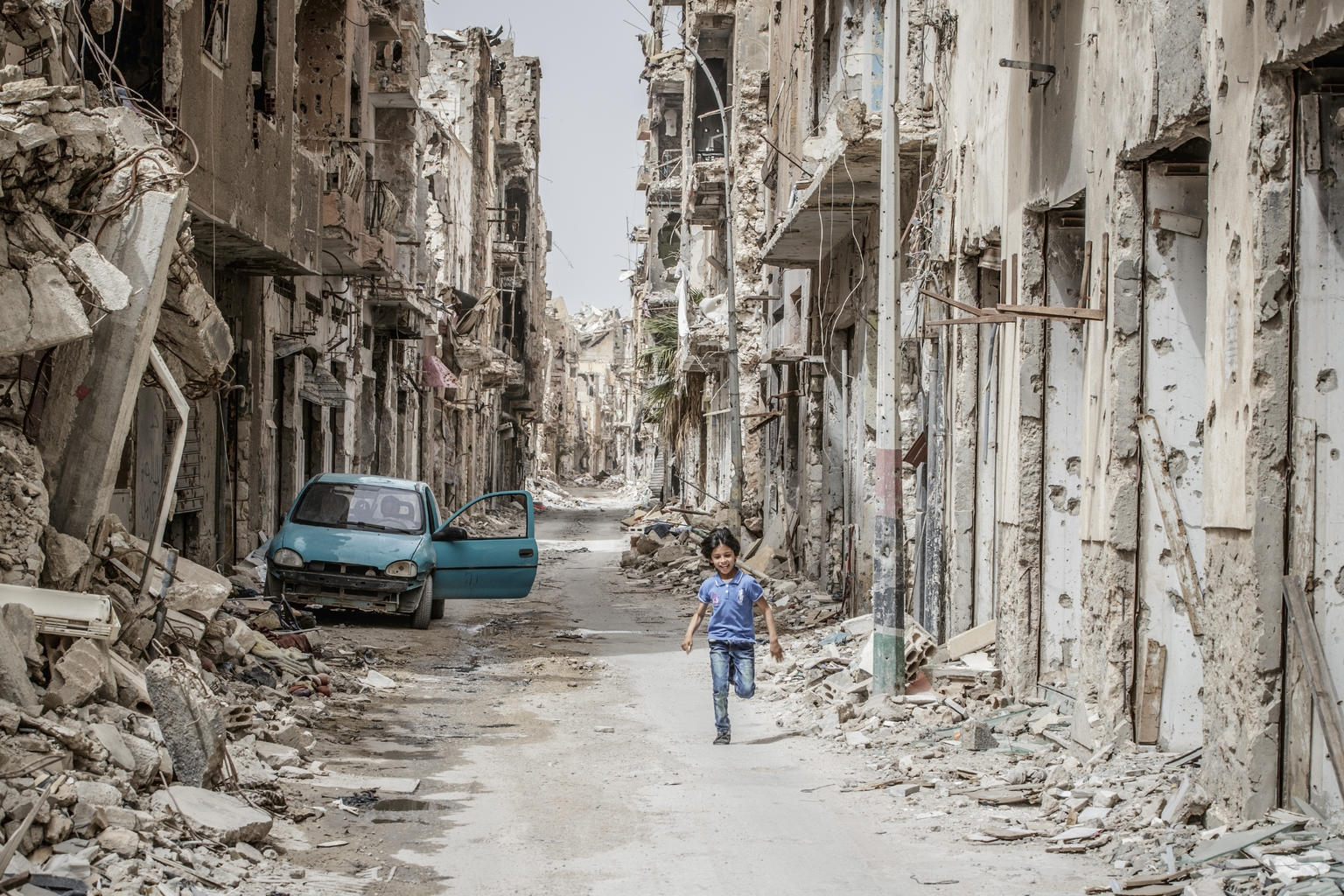Statement by UNICEF Ireland Executive Director Peter Power
*NOTE: More information about UNICEF’s appeal and response in Libya here*

DUBLIN/NEW YORK, 17 January 2020 – “The suffering of children in Libya is increasing. Refugee and migrant children, who have already endured so much, are also being caught up in the violence and chaos that has come with civil war.
“Since April last year when hostilities broke out in Tripoli and western Libya the situation has been growing steadily worse. Indiscriminate attacks in populated areas have caused hundreds of deaths, and UNICEF has received reports of children being maimed or killed. Children are also being recruited to the fighting. Meanwhile, more than 150,000 people, 90,000 of whom are children, have been forced to flee their homes and are now internally displaced.
“Schools and health facilities are coming under attack and are being forced to close. These are services children depend on for their wellbeing and survival. Nearly 30 health facilities have been damaged in the fighting, forcing 13 to close. Meanwhile, some 200,000 children are out of school because of violence. Water systems are being damaged and the waste management system is on the verge of collapse.
“The 60,000 refugee and migrant children currently in urban areas are also terribly vulnerable, especially the 15,000 who are unaccompanied and those being held in detention centres. These children already had limited access to protection and essential services, so the intensifying conflict has only amplified the risks that they face.
“UNICEF teams are on the ground supporting children to access healthcare and nutrition, protection, education, water and sanitation. We are also reaching refugee and migrant children with assistance, including those held in detention centres. Sadly, attacks against the civilian population and infrastructure, as well as against humanitarian and healthcare personnel risk undermining humanitarian efforts.
“We urgently call on all parties to the conflict to protect children, end the recruitment and use of children, cease attacks against civilian infrastructure, and allow for safe and unimpeded humanitarian access to children and people in need. We also call on Libyan authorities to end the detention of migrant and refugee children and to actively pursue safe and dignified alternatives to detention.
“Ahead of a planned peace summit in Berlin, Germany this Sunday, we call on parties to the conflict and those who have influence over them to urgently reach a comprehensive and durable peace agreement for the sake of each and every child in Libya.”
ENDS
###
Notes for editors:
About UNICEF
UNICEF works in the world’s toughest places, to reach the world’s most disadvantaged children. Across more than 190 countries and territories, we work for every child, everywhere, to build a better world for everyone.
For more information about UNICEF and its work, visit our website.
Follow us on Twitter and Facebook
For more information, please contact:
Aedín Donnelly, Communications and Media Manager for UNICEF Ireland | aedin@unicef.ie | Tel: +353 1 809 0291 | Mob: +353 85 1395272
Christopher Tidey, UNICEF New York, +1 917 340 3017, ctidey@unicef.org




